We are all haunted. Not by ghosts in the attic or shadows in the corner, but by the quiet, persistent question that follows a final heartbeat. What comes next? For most, it’s an abstract thought, a philosophical curiosity. But for three strangers, separated by oceans, this question became a deafening roar, a ripple that started in the same dark water and was destined to crash on the same shore.
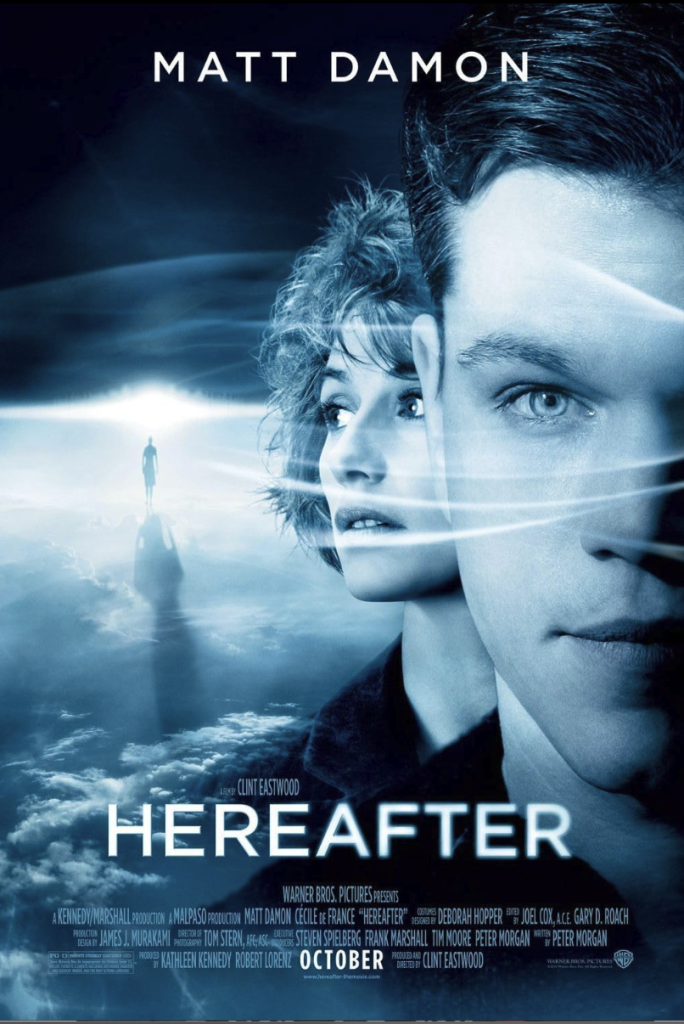
The Journalist Who Drowned
For Marie, a French journalist, it began with the fury of the sea. One moment, she was in a sun-drenched market, buying gifts for a lover’s children; the next, the world was a violent, churning abyss. The tsunami that tore her from the earth was not just a wave of water, but a brutal baptism into the hereafter. In the chaos of being swept away, she saw it: a realm of blurred figures and an enveloping, silent light. It was a place without pain, a place she was pulled from by the frantic hands of rescuers who refused to let her go.
She was clinically dead, but they brought her back. They called it a miracle. She called it a haunting. The world she returned to was muted, the colors faded. The confidence and sharpness that had defined her career were replaced by a hollow-eyed obsession. “I think something happened to me out there,” she told her lover, but he couldn’t understand. He saw a woman recovering from trauma, a concussion; she saw a ghost in the mirror. The visions of that other place bled into her waking life, derailing her, isolating her. Her producers saw her as fragile, her partner saw her as distant. To save her sanity, she had to chase the ghosts, to write a book, to prove that what she saw was not a delusion, but a destination.
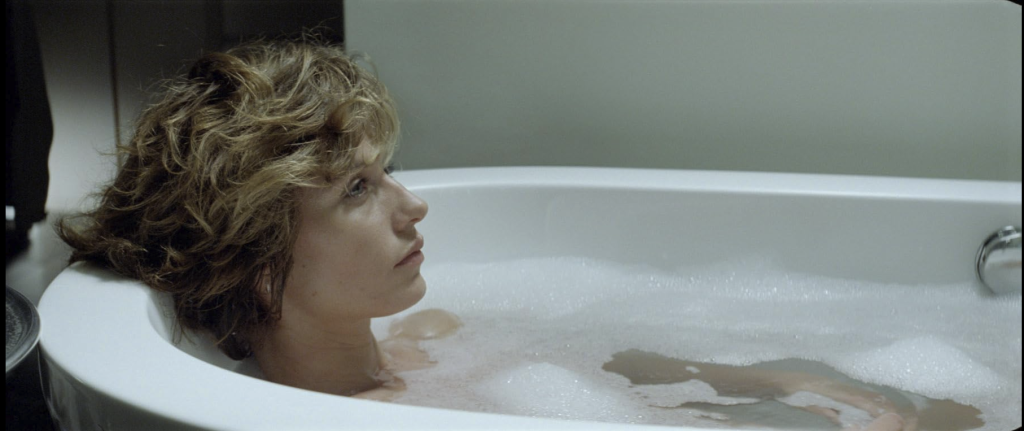
The Man Who Heard Whispers
Thousands of miles away, in San Francisco, George Lonegan knew that destination all too well. To others, he had a gift. To him, it was a curse. After a childhood illness and a brush with death, he was left with an open door in his mind, a channel through which the dead could speak. But their whispers were not comforting; they were a constant, overwhelming tide of grief, regret, and unfinished business that drowned out the sounds of the living. “A life that’s all about death is no life at all,” he told his brother.
So he ran. He abandoned his lucrative career as a psychic, trading it for the quiet anonymity of a factory floor and the simple pleasure of a cooking class. He tried to build walls against the voices, seeking solace in the works of Charles Dickens, another man who understood ghosts. But the dead are persistent. They found him through desperate clients, through strangers on the street, each touch a potential conduit to a world he desperately wanted to shut out. His attempt to connect with a woman named Melanie in his cooking class was a fragile grasp at normalcy, but even that was threatened. When she asked him for a reading, he saw the inevitable collapse of any normal relationship. To know everything about someone—their deepest secrets, their departed loved ones—was to never truly know them at all. It was an intimacy that created only distance.
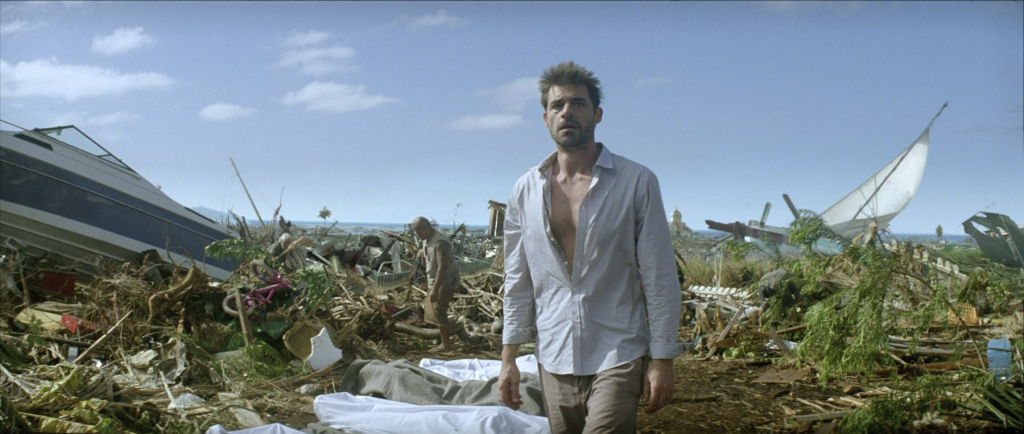
The Boy Who Lost His Echo
In London, a young boy named Marcus was grappling with a different kind of silence. His twin brother, Jason, his other half, was gone—killed in a senseless accident. The loss was not just grief; it was a severing, an amputation of the soul. His mother, unable to cope, sent him away to a foster home, leaving Marcus utterly alone with a silence that was more terrifying than any noise.
His quest was not for answers, but for a voice. He needed to hear his brother one last time, to know he was okay. This desperate need sent him on a journey through the charlatans and frauds of the psychic world, each one a dead end, a fresh wave of disappointment. The world had become a vast, empty room, and the only thing he wanted was to hear an echo.
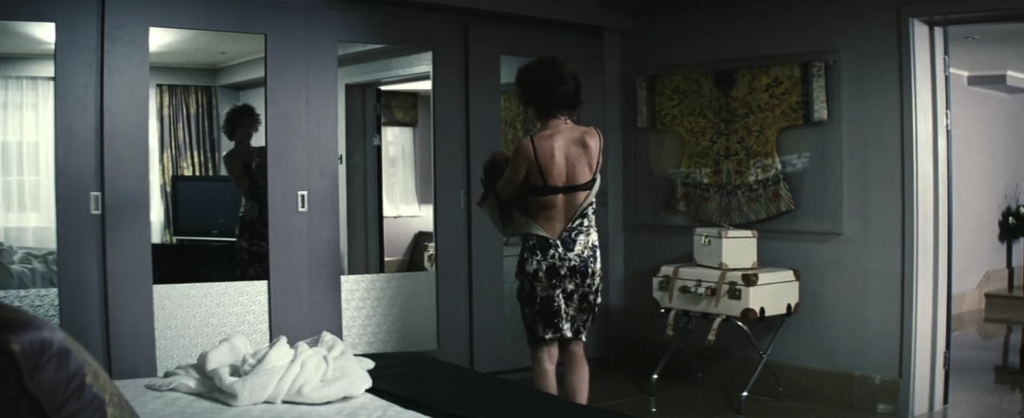
The Convergence
Three lives, three continents, all adrift in the wake of death. A force was pulling them together, a current of shared experience they could not yet see. Marie’s investigation led her to a hospice in the Swiss Alps, where a doctor spoke of a “hereafter,” a shared reality for the dying, before dismissing it as a trick of the brain. Undeterred, her research led her to an author in London who had written about the subject, the same city where a lonely boy searched for a true voice among the fakes.
And George, finally succumbing to his brother’s plea to share his “gift,” was laid off from his factory job and booked a flight to the London Book Fair to see his idol, Charles Dickens. He was running from his curse, but he was running directly toward his purpose.
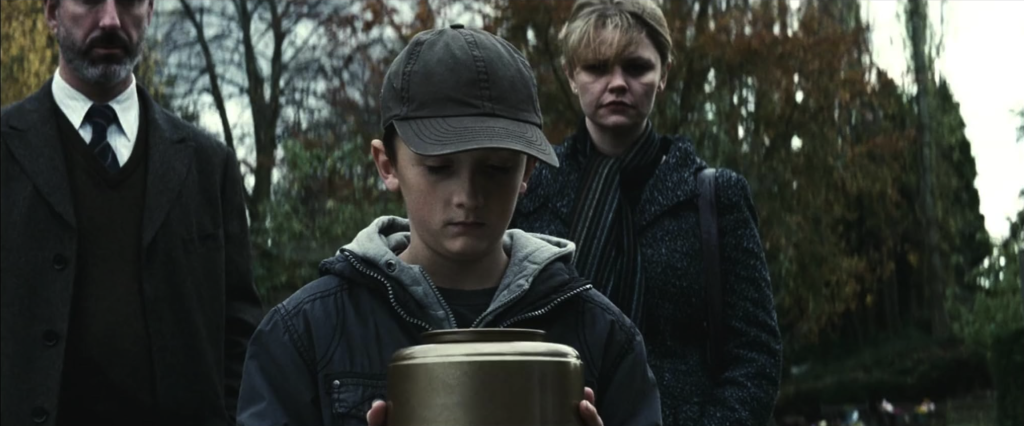
Their paths finally crossed in the crowded halls of the book fair. A gust of wind blew the hat from Marcus’s head, and the man who picked it up was George. It wasn’t a psychic vision that brought them together, but a simple, random act of kindness. In that moment, Marcus saw a flicker of hope. He followed George, pressing him, pleading with him, until the haunted man finally relented.
In a quiet hotel room, the three currents met. George, with a reluctant touch, opened the door one last time. And through him, Jason spoke. Not with grand revelations of the afterlife, but with the simple, heartbreaking reassurances of a brother. He was not alone. He was not in pain. And he wanted Marcus to live.
For Marie, who watched the exchange, it was the proof she had been seeking. For Marcus, it was the goodbye he so desperately needed. And for George, it was a revelation. His connection to the other side had always felt like a wall, separating him from the living. But in that moment, seeing the peace it brought to the boy, he understood. It wasn’t a curse. It was a bridge. A way to connect the echoes of the past with the hopes of the future, and perhaps, finally, to find his own peace in the here and now.
